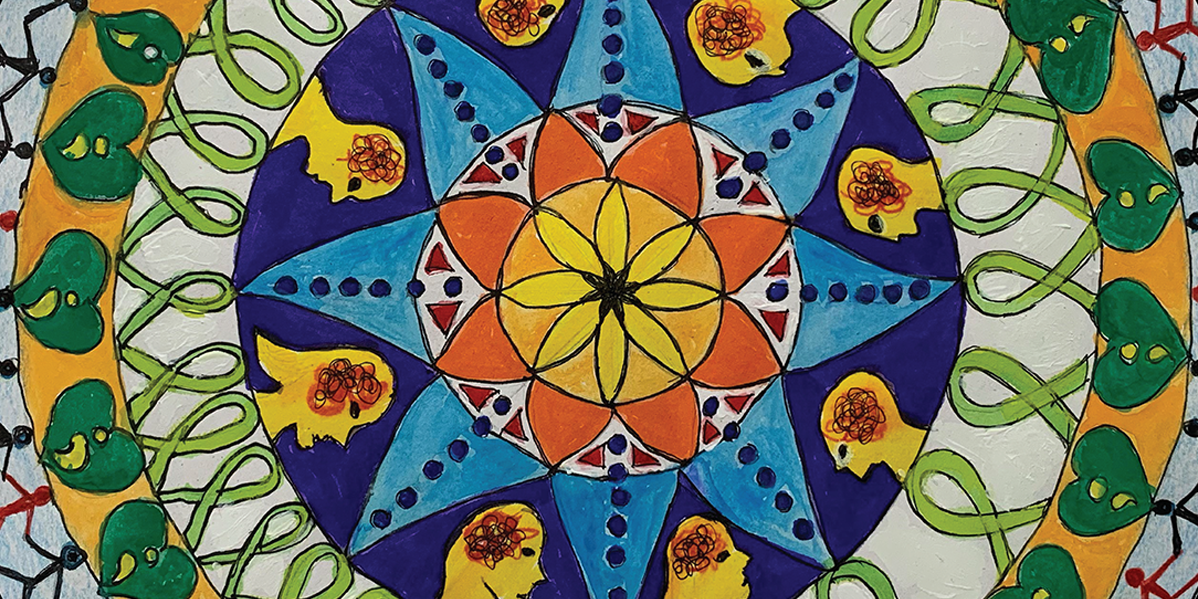Our first online panel discussion took place on 28 May 2020. The Social Power and Mental Health steering group were delighted to host contributions from:
Bethan Mair Edwards and Jo Edge (Mad Covid)
Akiko Hart (National Survivor User Network)
Sophia Siddiqui (Institute of Race Relations)
Helen Spandler (University of Central Lancashire)
Mutual aid is something that people do cooperatively to ensure their collective survival. During the current Covid-19 crisis, mutual aid has become all the more important to those experiencing mental distress.
Our discussion examined some of the longer history of mutual aid in the UK, particularly its emergence in marginalised communities. Sophia Siddiqui (from the Institute of Race Relations) provided vital detail into the history and influence of mutual aid amongst black working class communities in the UK – with health being implicit to the success of these movements. Sophia shared some of the findings of a recent set of papers in Race & Class which are a must-read in helping understand our contemporary times (find out and read more here).
Bethan Mair Edwards and Jo Edge outlined the brilliant work being achieved by Mad Covid during the current corona virus outbreak. In the course of just 12 weeks, the group have helped to provide various forms of mutual aid to mad communities – as well as ensuring that the voices of those with severe and enduring mental health conditions were heard and recorded (including their Mad Covid diaries and Quaranzine).
These activities were linked with the ongoing work of the National Survivor User Network, represented by Akiko Hart. Highlighting the uneven geographies of mutual aid in the UK, Akiko outlined different examples of neglect, discharge from services and the switch to online services – all of which have had disproportionate effects on different people and places.
Finally, Helen Spandler (University of Central Lancashire) reflected on the centrality of mutual aid to survivor activism. Helen explained how mutual aid achieves more than just collective assistance: it is also an exercise in prefigurative politics – demonstrating the kind of society we might like to live in now and in the future.
Questions from the audience covered a range of topics including: how to practice socially-distanced advocacy, implications for ongoing power imbalances between psychiatrists and patients, the relationship between the state and mutual aid, and the future direction of care. All questions were collated and shared on our Twitter page.
Thanks to our panel, Ed for chairing, and all who joined us over Zoom!

